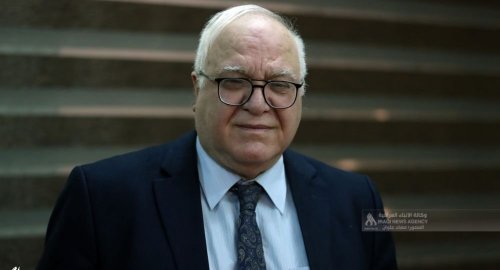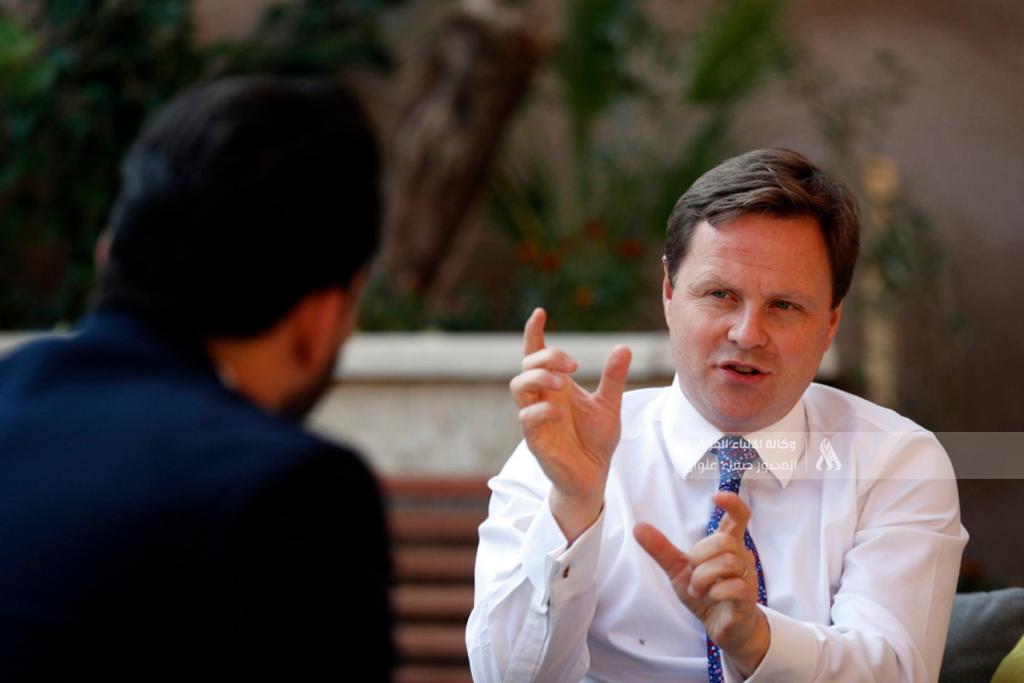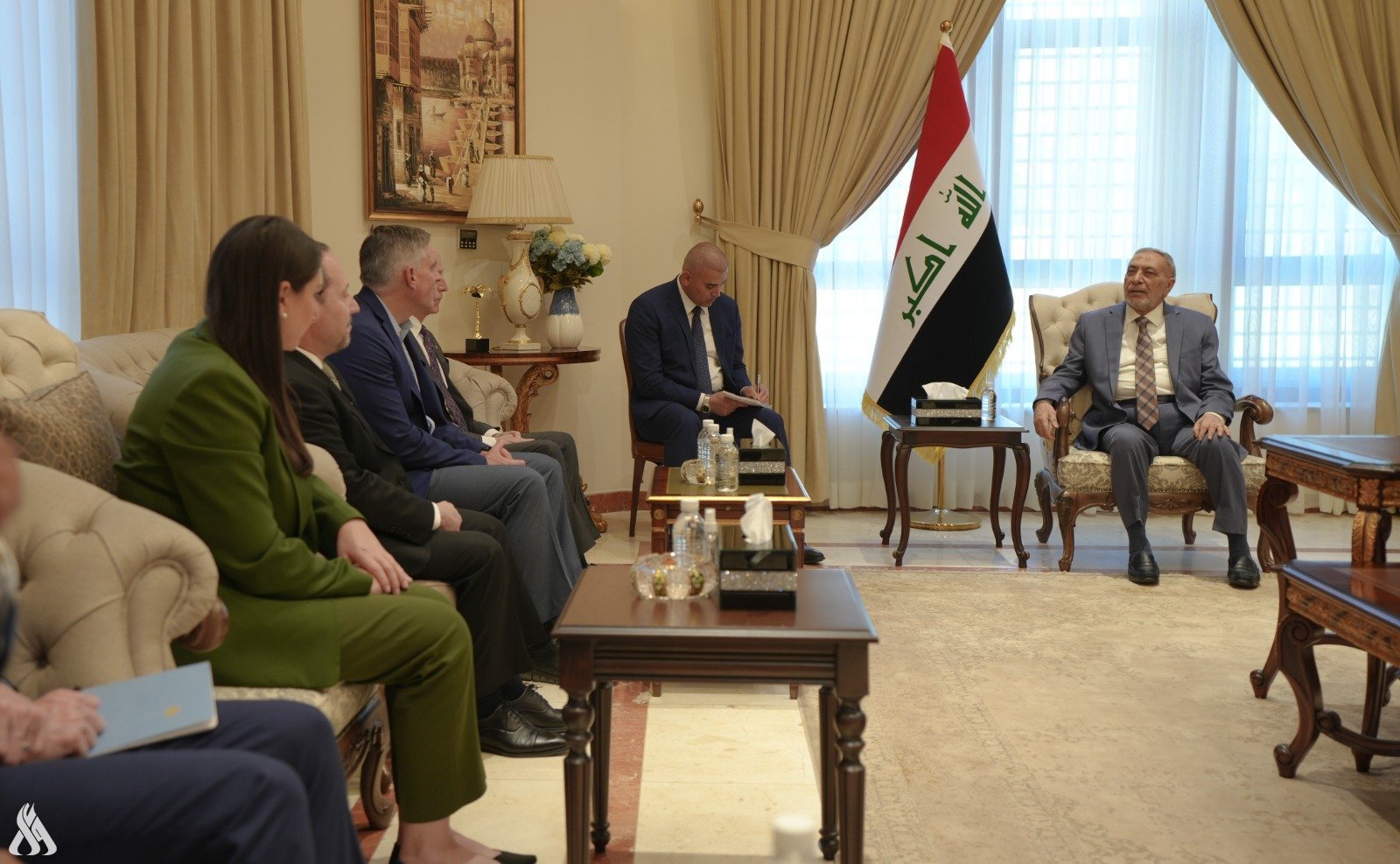
PM’s advisor proposes ways to counter the rise in the exchange rate

- 28-01-2023, 10:50
Baghdad-INA
The advisor to the Prime Minister for Financial Affairs, Mazhar Muhammad Salih, on Saturday, put forward proposals to counter the continued rise in the exchange rate, including a solution that he described as national and comprehensive to provide price stability.
Saleh told the Iraqi News Agency (INA): "As long as the decline in the exchange rate is linked to the ability to open up external trade and provide a highly flexible commodity supply when needed, (Through the financing tool represented by the CBI's window for buying and selling foreign currency - the US dollar in particular) which links the speed of financing to the credibility and transparency of the trade documents of private importers and which continue to falter by some 25-30% of the total actual demand for external transfer of trade finance, "
He added: "As long as government trade is highly governed and outside this restriction by adopting documentary credit mechanisms that are the traditional basis for trade financing, so that the trade market can reorganize itself , its external contracts and purchases, in order to contain exchange rate fluctuations in a narrow range, we propose that government foreign trade expand (as a wholesaler) is currently supplying the market with the most important commodities with a widespread impact on people's lives flowing at the fixed official exchange rate of 1460 dinars to the dollar. "
"The government trade economy is a decisive solution and a two-way stabilization leverage: The first is to provide a stable commodity supply and assured stocks of important goods, especially essential goods with low demand flexibility affecting people's daily consumption, which will help stabilize the consumer price index and stabilize the standard of living. The second is: the abundance of goods supplied through State trade at the official exchange rate is a compensatory offer of foreign currency, equivalent to demand that helps to reduce the exchange rate gap (central exchange rate versus the parallel exchange rate) and reduce the impact of such exchange rate differences on inflationary expectations in the economy ".
Saleh stressed, "The state's temporary intervention in the economy is the best solution until the commercial market adapts to the governance of its import operations from world markets and the discipline and transparency of its requests in front of external compliance institutions."
Duhok of Iraq and Qadsia of Kuwait match kicks off
- Sport
- 25/04/15
Four Daesh terrorists detained in Salahuddin
- Security
- 25/04/14
Two ISIS hideouts destroyed, killing those inside in Salah al-Din
- Security
- 25/04/13












